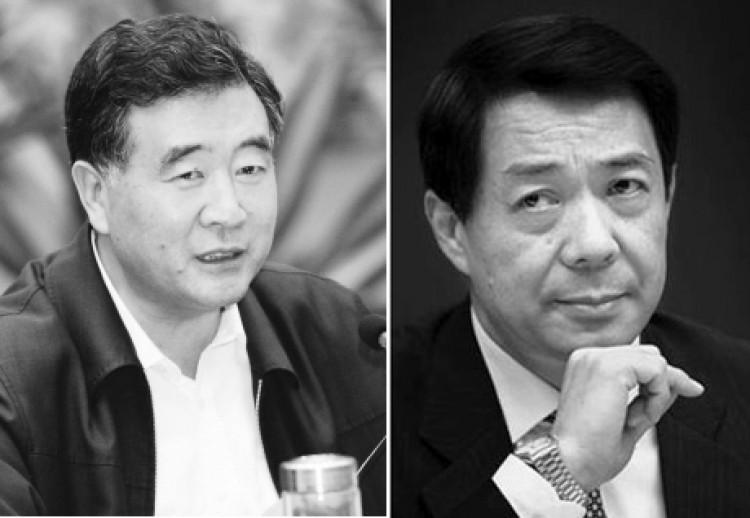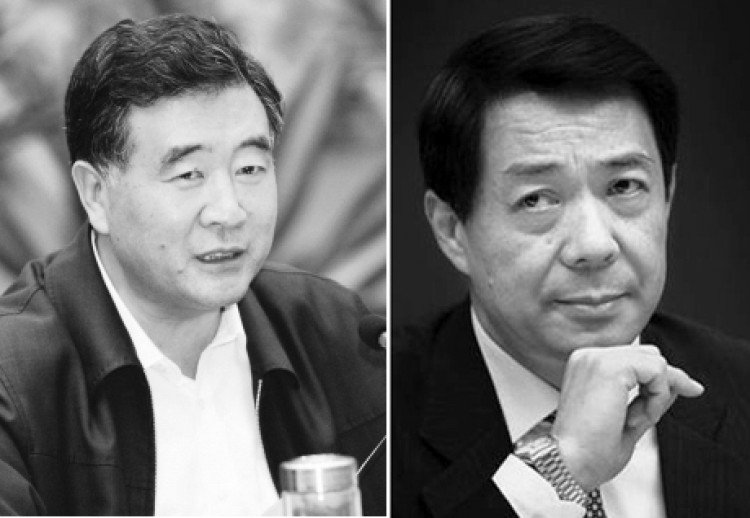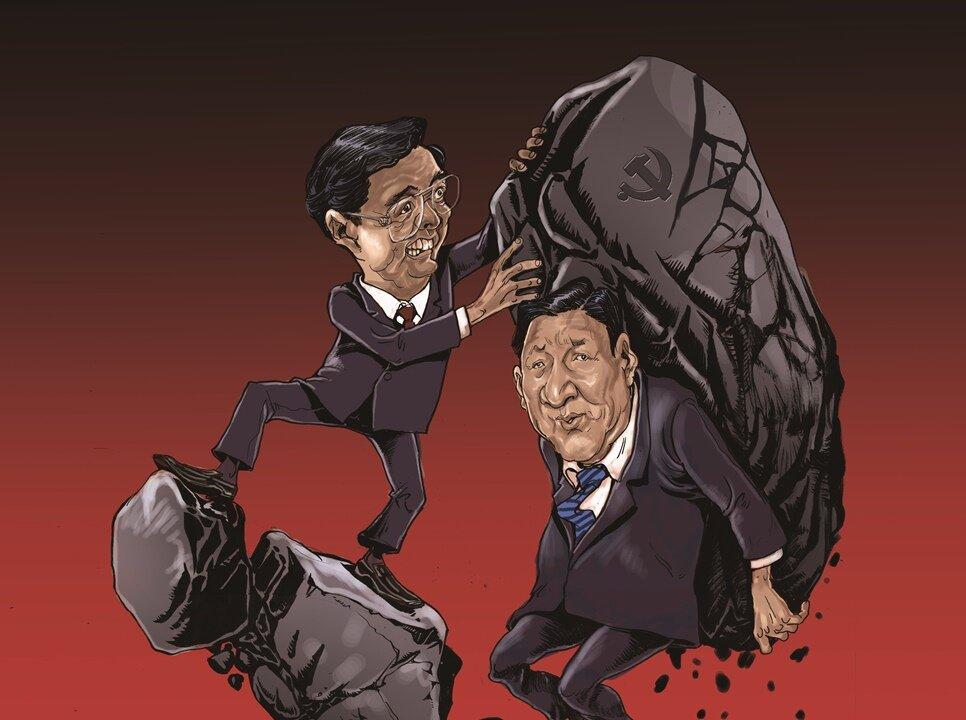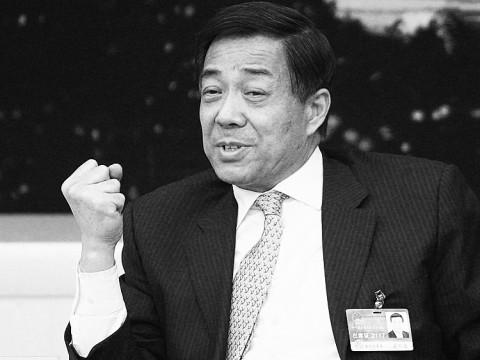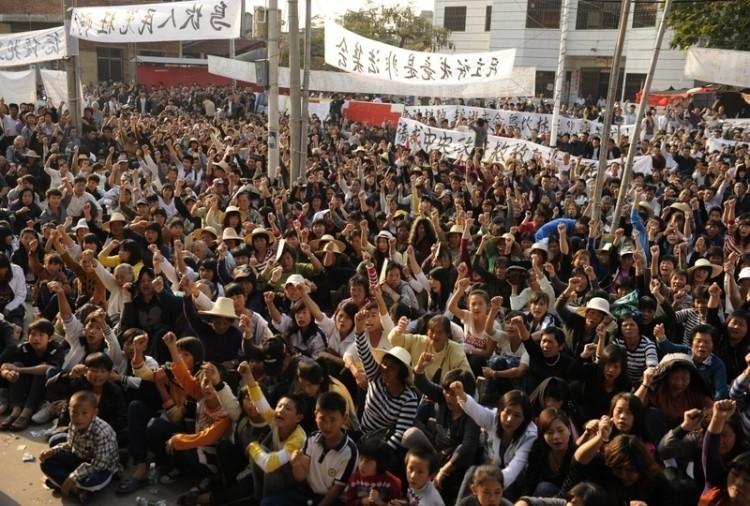Opinion
Two Opposing Officials Exemplify China’s Crisis
The confrontation between two contenders, Wang Yang and Bo Xilai, for Chinese Communist Party (CCP) leadership positions in the next Party Congress has dominated political commentary in mainland China.
|Updated:
